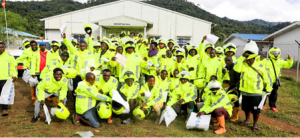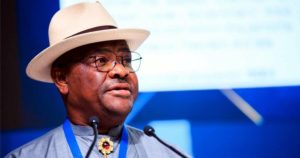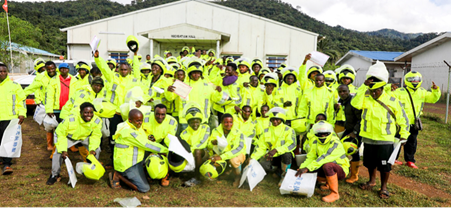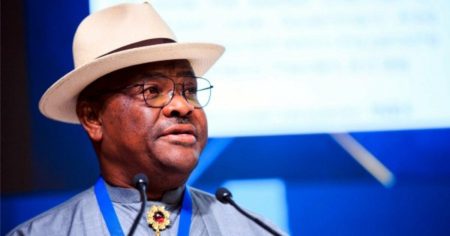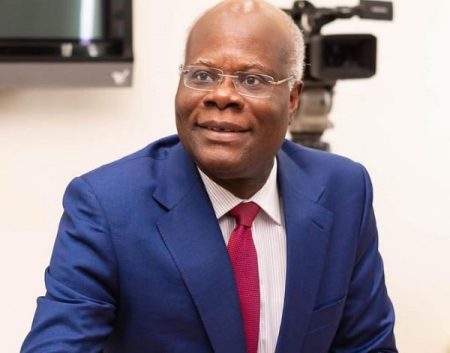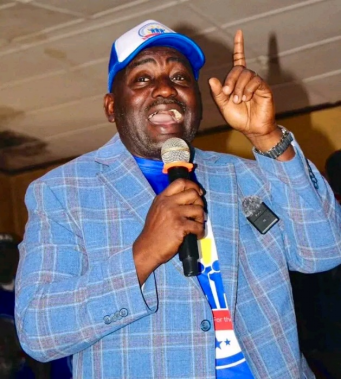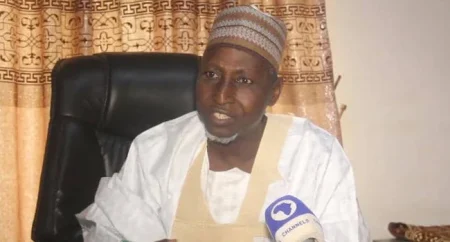The Edo State chapter of the People’s Democratic Party (PDP), still reeling from the perceived loss of the governorship election to the All Progressives Congress (APC), has set its sights on a new objective: unseating President Bola Tinubu in the 2027 general elections. This audacious goal was articulated by the chairman of the PDP caretaker committee, Tony Aziegbemi, during a stakeholders’ meeting convened in Benin City. The meeting, attended by party loyalists who supported Asue Ighodalo’s gubernatorial bid, served as a platform to discuss the aftermath of the Supreme Court’s ruling on their election petition. Aziegbemi contended that the APC had effectively “stolen” the mandate given to Ighodalo by the people of Edo State, alleging collusion and manipulation by powerful forces to deny the PDP victory despite their best legal efforts. While appealing for understanding from the electorate, Aziegbemi simultaneously rallied the party faithful, commending their resilience in the face of this perceived setback and emphasizing the need to shift focus towards the larger national political landscape.
The declaration to target Tinubu’s presidency in 2027, however, was met with a mixture of support and pragmatism from within the party ranks. Jimoh Ijegbai, former deputy Chief of Staff to Governor Godwin Obaseki, while agreeing with the ultimate goal, questioned the strategy and highlighted the internal divisions within the PDP as a significant impediment to achieving such a lofty ambition. Ijegbai’s pointed inquiry about the “vehicle” for achieving this goal underscored the need for unity and a clear roadmap before embarking on such a significant undertaking. He stressed the importance of addressing the party’s internal fractures before realistically challenging the ruling party on a national scale. This sentiment of internal reconciliation as a prerequisite for effective external opposition was echoed by other party members present at the meeting.
Alberta Okonofua, representing the women’s wing of the party, echoed Ijegbai’s concerns, emphasizing the necessity of internal cohesion. She argued that without a united front, the PDP’s chances of successfully challenging Tinubu’s presidency in 2027 would be significantly diminished. The existence of two factions within the Edo State PDP, she pointed out, creates a vulnerability that could be exploited by the APC. Okonofua’s intervention highlighted the urgency for the party to resolve its internal differences and present a united front to the electorate if it hopes to regain lost ground and mount a credible challenge in future elections. Her call for unity underscores the importance of internal stability and cohesion as foundational elements for achieving broader political objectives.
Matthew Iduoriyekemwen, former Director-General of the Asue Ighodalo Campaign Organisation, added another layer of complexity to the discussion by raising concerns about the fairness and transparency of the electoral process itself. Citing the perceived irregularities in the recent governorship election, he expressed skepticism about the PDP’s ability to win any election under the current circumstances. Iduoriyekemwen’s pessimism reflects a broader sentiment of distrust in the electoral institutions and a sense that the playing field is not level. He argued that unless fundamental reforms are implemented to ensure free and fair elections, the PDP’s efforts, even if united, would be futile. His call for addressing these systemic issues before engaging in future electoral contests highlights the importance of a transparent and credible electoral system for a healthy democracy.
Asue Ighodalo himself, while acknowledging the challenges faced by the party, remained optimistic about the PDP’s potential in Edo State. He reiterated his belief that the PDP enjoys considerable support within the state and could win a significant majority if a fair election were held. Ighodalo’s confidence in the party’s grassroots support suggests a belief that the perceived electoral setbacks are not reflective of the true political landscape in Edo State. His pronouncements, coupled with a substantial financial donation to the party’s local chapters, indicate a commitment to rebuilding and strengthening the party’s infrastructure in preparation for future elections. This move signaled a commitment to investing in the party’s future and maintaining its presence at the grassroots level.
Ighodalo’s emphasis on collective decision-making and his commitment to consulting with party members before charting a course of action suggest a move towards a more inclusive and participatory leadership style. His assurance that no individual would dictate the party’s direction aims to address internal divisions and foster a sense of shared ownership among party members. By emphasizing unity and collective action, Ighodalo seeks to galvanize the PDP and present a united front in the face of future political challenges, both within the state and at the national level. The financial contribution coupled with the conciliatory tone suggests a strategy of strengthening the base while simultaneously working towards bridging internal divides. This two-pronged approach appears aimed at revitalizing the party and positioning it for future electoral success.


